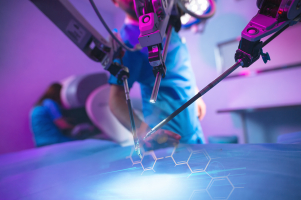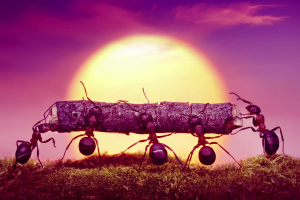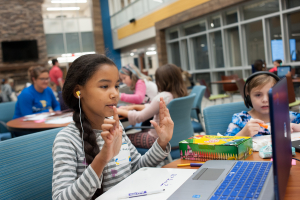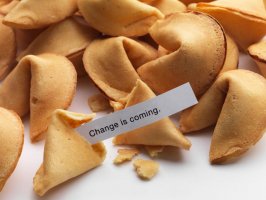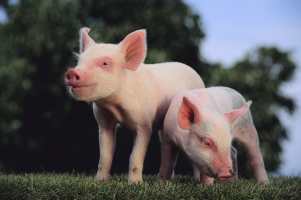Top 10 Things That Humans (And Animals) Can Still Do Better Than Computers
Science fiction has an odd way of foretelling the future. People can only hope that stories like The Matrix, Terminator, I, Robot, and others were off base ... read more...when they implied that robots and computers would rise up against humans and either use us as batteries or as fertilizer for the plants they would crush beneath their robot treads. Take comfort in the knowledge that humans are still superior to machines in some situations if you're worried about the rise of the machines. A bird can perform even one task better. You never know, they might not succeed in preserving our species. Here are some Things That Humans (And Animals) Can Still Do Better Than Computers.
-
Everyone on the internet is aware that robots are unable to recognize traffic signals among a set of nine squares. The last line of protection against robot invasion on a website is the captcha test, which uses multiple layers of information, including your IP address, browsers, plugins, keystrokes, and more, to confirm that you are a human and not a robot.
The reason these tests are growing harder—and sometimes even tricking you on the ones where you have to recognize text that seems garbled—is that robots are actually getting better at them, making them more difficult to pass. In several tests, robots are already far superior to humans. However, we're still ahead of the curve for fundamental programming, so it will have to do until we come up with something better, like the various game-like exams or ink blot puzzles that have been attempted.
It has the ability to read captcha images, such as the one in your figure. One of the most recent algorithms that employs neural networks to learn text data is this one. There are various different algorithms that are able to recognize it. This is the precise reason Facebook and Google switched to an image-based recognition captcha.

https://ondigitalshop.com/ 
http://www.slideshare.net/ -
The biggest worry is that in a few years, AI will outsmart and "replace" humans. It's not fully accurate, though. Even while robots may already learn from experience and make wise decisions thanks to highly improved AI, AI cannot operate at its best without relying on inherently human traits like human intuition.
Believe it or not, the one task that most of us would assume a robot would perform much more efficiently than a person simply isn't the case. Robots simply aren't as effective at completing orders in warehouse settings as human workers are, such as at Amazon.
It was predicted in 2019 that it will be at least ten years before robots completely replaced human labor. Larger products can be picked by robots for orders, however picking smaller items from bins is less effective and more likely to result in damage. Elon Musk said that Tesla has also pushed automation too far and that it needed to be reined in since people are naturally more adaptable and better at handling irregularities.
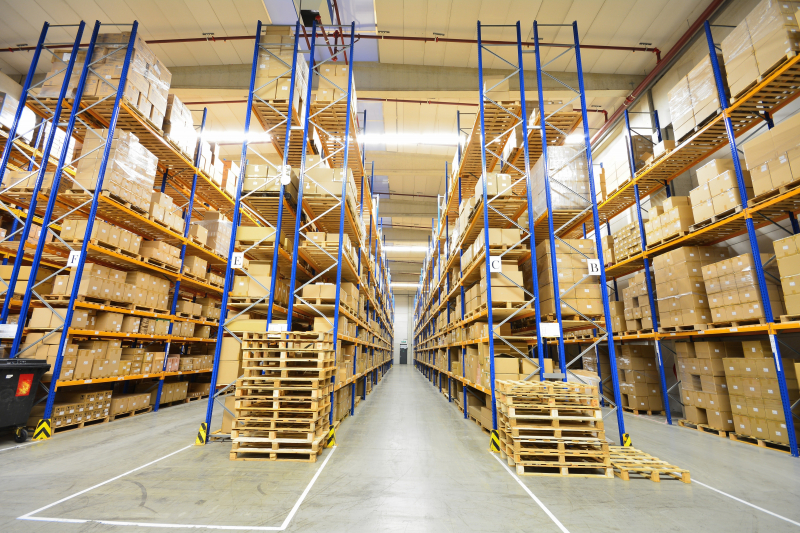
https://massoodlogistics.com/ -
Although machines may eventually replace writers, they are still not quite up to the task at hand. Although AI is skilled at writing prose, particularly in the case of journalistic pieces, it has not yet fully grasped the human voice.
Generative Pre-trained Transformer 3, or GPT-3, is a program that allows computers to create language that closely resembles writing done by actual people. It excels in some forms of writing but not in others. For example, it would be more likely to produce nonsense if you wanted it to replicate the speech of a genuine human. It would sound strange if you wanted it to emulate a Stephen King narrative that read like authentic King, but it could create a fact-based piece with ease. The grammar would be questionable or it would require extensive revision.
The tech's design has a weakness. It is predicated on pattern matching and prediction. So, generally speaking, it can produce good general writing. However, when you request certain writing, such as that of Stephen King, the technology is less able to comprehend what you're trying to convey.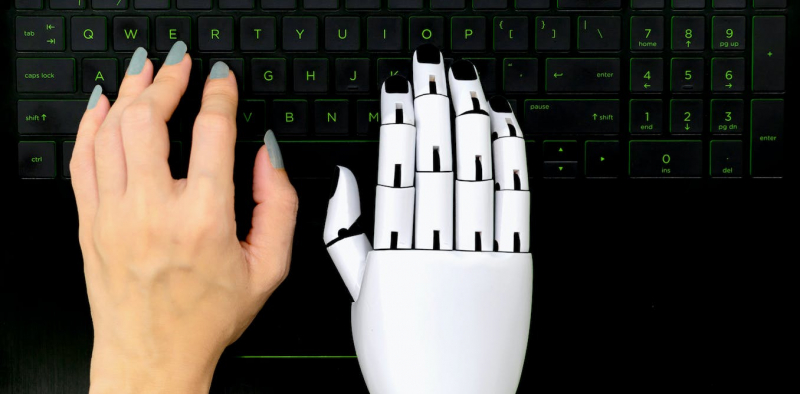
https://theconversation.com/ 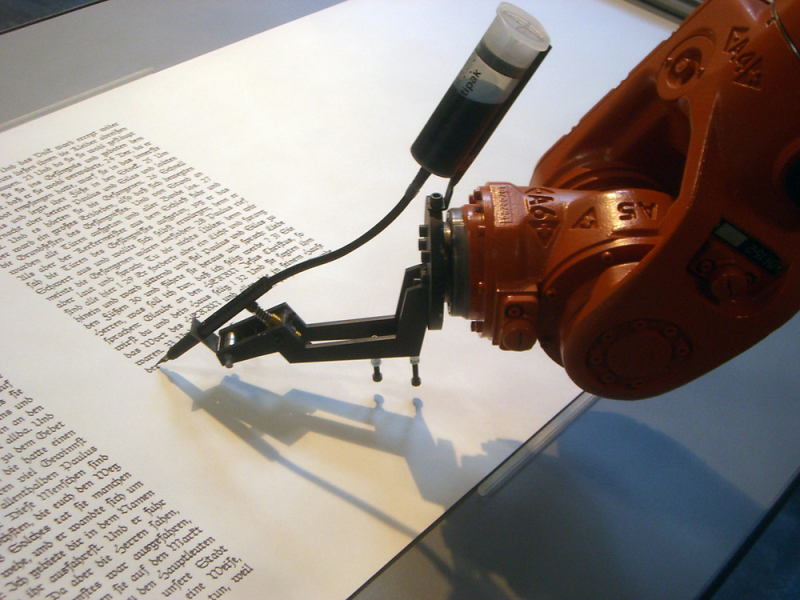
https://www.cheesengwrites.com/ -
Most of us have come across individuals who are extremely intelligent yet lack common sense. We make a difference between the two. You can be an expert in mathematics and still behave foolishly. That's essentially how AI works. It may be extremely intelligent, but it lacks common sense.
We define abductive inference as common sense. This is what enables us to dismiss the vast majority of absurd explanations for events in life and concentrate on the ones that make the most sense. Because of this, if you hear a disturbance upstairs, you could assume it is coming from your spouse or the cat rather than an elephant or Gordon Ramsay.
You have common sense, so those final two choices seem absurd. AI must take those into account as possibilities, as it doesn't. Deep learning and symbolic logic are the foundations of modern AI. These provide a wealth of explanations but ignore common sense, which is why AI is unable to match genuine human intellect.

https://www.bbvaopenmind.com/en/technology/ 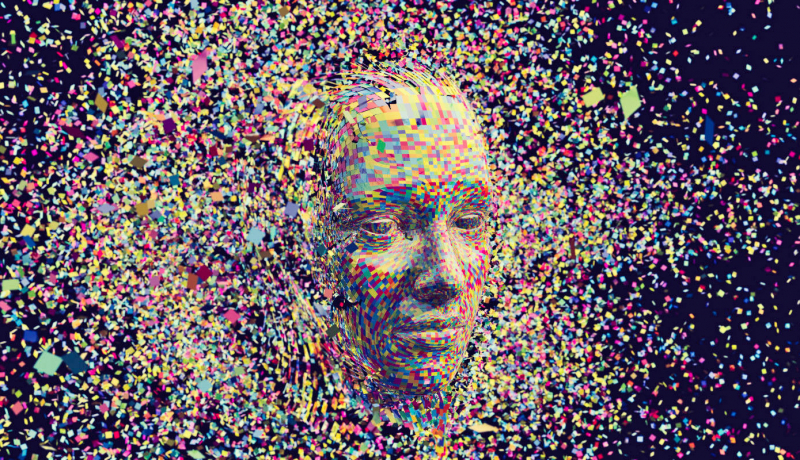
https://www.engadget.com/ -
The employment of AI in warfare is now one of the most contentious applications of the technology. Should we allow machines to decide between life and death in a conflict area? Is it moral to allow a robot to murder a person? The majority of people appear to be opposed to the idea, and the US has previously reassured us that humans will always have the final say. Despite this, there is conjecture that autonomous killing machines have already been deployed in battle. So, are robots more effective soldiers than people? Depending on your definition of better, yes.
Even an artificially intelligent computer will complete the task at hand. The employment of AI in warfare is now one of the most contentious applications of the technology. Should we trust machines to decide who lives and who dies? When Stanislav Petrov learned that the American military had started a nuclear attack on the Soviet Union in 1983, an AI would probably have acted differently than it did since it lacks human empathy and ethics. As necessary, Petrov did not inform his authorities of the attack that his monitoring station had discovered; instead, he looked into it further and found that it was a false alarm.
If AI had taken the opposite action, none of us would be present to discuss it now. They lack morality and have a tendency to handle facts in an erratic manner. Everyone has issued warnings about the potential dangers of AI, from Elon Musk to Stephen Hawking. That is not at all what a good soldier does.
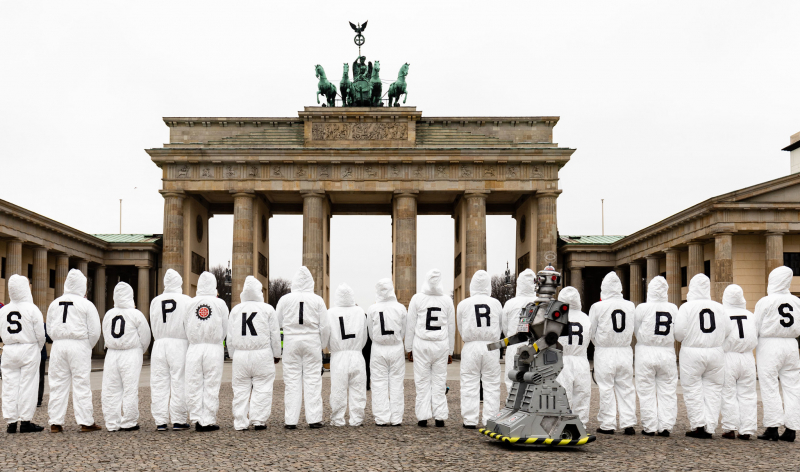
https://www.hrw.org/ 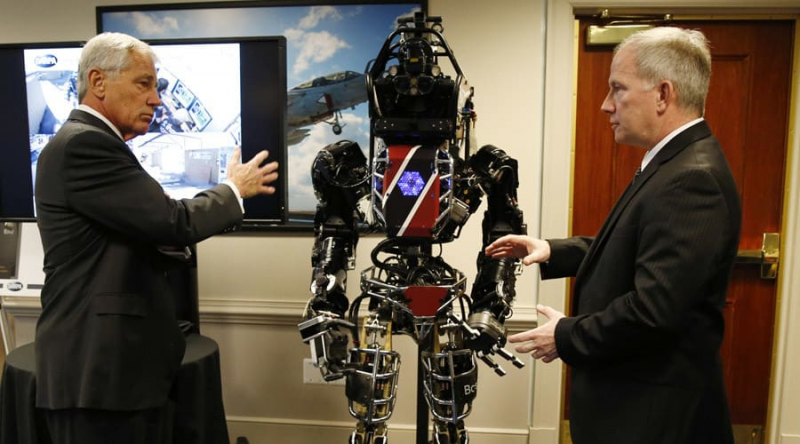
http://www.trueactivist.com/ -
How would you feel if a robot provided your therapy? It's possible that emotionally intelligent machines are closer than you think. Artificial intelligence (AI) has improved over the past few decades at interpreting human emotional responses. But reading and understanding are not the same thing. Can AIs ever fully comprehend human beings if they are unable to feel emotions for themselves?
For several years, facial recognition technology has dominated the news. Because it suggests a surveillance state and constant monitoring, many are wary of it. People also worry that computers would be able to read their emotions from one moment to the next by simply looking at them. In order to make money, this could be utilized to take advantage of people for marketing, advertising, and other objectives.
In order to ostensibly enhance students' overall learning experiences, Chinese schools employed it to monitor how students felt while completing distance learning assignments. Computers that can identify emotions aren't particularly adept at it. Neuroscientists have categorically said that looking at someone's face cannot be used to determine their emotional state.
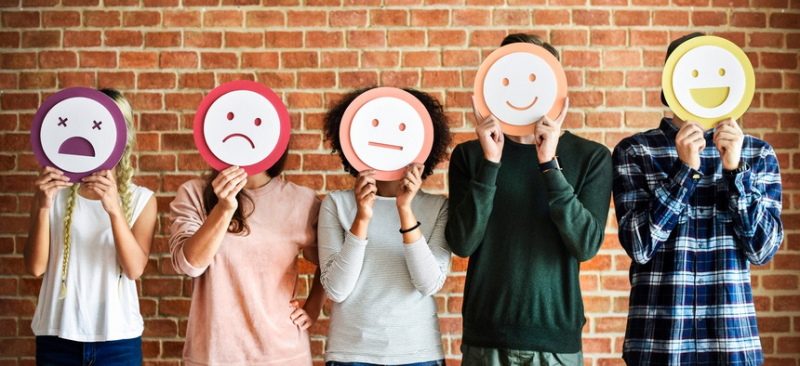
https://www.nextgov.com 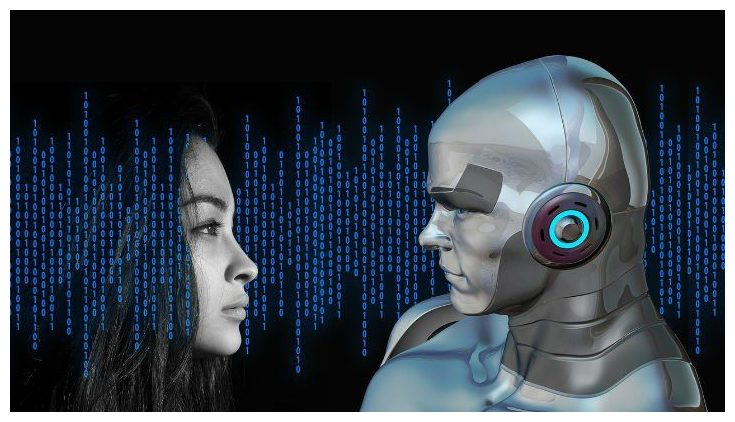
https://www.sott.net/ -
Today, machines can construct anything from vehicles to computers to other machines for us, yet oddly, some of the easiest tasks are the ones they struggle with. They're not very good at picking strawberries, for example. Moreover, there are a ton of additional fruits and veggies.
The cause of the robotic malfunction is all too simple to deduce. It's difficult for a robot to determine whether or not it's being too tough. A little touch is required for fruits like strawberries and other berries. Nuts can likely be harvested by a robot until the cows come home, but berries must be treated carefully. Robotic harvesters are unable to detect when they are pressing the crop too hard and damaging it.Actually, harvesting robots are being developed to get around this problem by selecting entire plants rather than simply the berries. In the same period of time, they can complete the task of thirty individuals. The picking robots must currently scan fields to determine where to go in order to find the ripe fruit. They can currently only pick around 50% of the ripe fruit, compared to humans who can collect up to 90%.

https://adigaskell.org/ 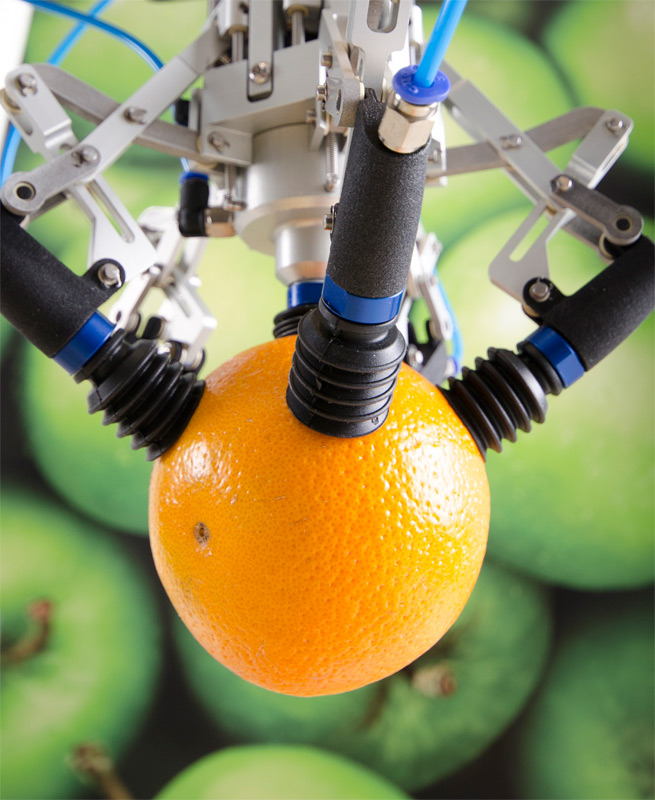
https://www.futuretimeline.net/ -
Have you ever encountered a term or phrase in a different language and then looked it up online to translate it? Did you spend the time to translate it back to English only to find that it was virtually gibberish in the process? This occurs as a result of how poorly computers translate. Computer translators are at best simplistic and at worst ineffective because translation software is notoriously lousy at understanding linguistic context and other subtleties.
Machines are unable to understand things like slang, cultural context, proper names, and more. Think of an example like the word "set." Guinness claims that one word could have over 430 different meanings. It's difficult for a machine to determine how something would be employed in a particular translation without context cues.
Even highly sophisticated machines translate idioms literally in the majority of cases. With AI translators, this can be an issue because even a single word can change the tone of an entire sentence. Even if you read fiction, you want the tale and aren't just attempting to verify fundamental facts; you may get the spirit of the work, but that's not always what you want.
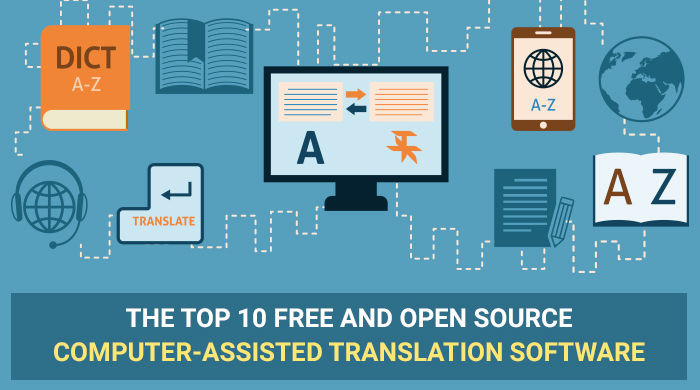
https://www.goodfirms.co/ 
https://www.verdict.co.uk/ -
The worldwide gaming industry is a colossal force. It is anticipated that its value will reach $257 billion by 2025. 93% of an Elon Musk, then! The incredible technological advancements that have been made possible by that amount of money include graphics and artificial intelligence. Additionally, computers occasionally overtake games and are not merely far behind them.
Despite being a relatively new discovery, artificial intelligence has shown itself to be a better gamer than the typical human player. However, you should consider that with a grain of salt. A machine can frequently perform its responsibilities more effectively than some guy in Idaho who keeps making fun of your mother while you play Call of Duty in a rigid, by-the-numbers manner of play. However, artificial intelligence starts to exhibit significant shortcomings when a game becomes cooperative and necessitates coordination. Specifically, AI is bad at collaboration.
Players that play as humans frequently complain about having to play with AI teammates. According to research, playing with an AI buddy was no better than playing with a pre-programmed computer companion that was only intended to understand the game's rules and play in a specific manner. The main distinction, though, was how much the human partners detested working with the AI. Three qualities you don't want in a gaming partner are unreliability, unpredictability, and untrustworthiness.
https://www.cultureworkshr.com 
http://www.huffingtonpost.com/ -
It's crucial business to make hurricane predictions. Currently, we rely on a variety of technology, including things like satellites, radar, even ships and buoys in the oceans, to assist us assess whether a hurricane is approaching. With all of this equipment, we can forecast a hurricane 36 to 48 hours in advance.
We have little else to go on when making long-term forecasts besides chance. We can anticipate hurricanes throughout hurricane season, but what good is that? That is equivalent to saying that the sun will rise tomorrow. We can shift away from computers and toward birds for more dependability. Due to their breeding seasons, veeries have an incredible ability to foresee severe hurricane conditions. These birds breed just once per breeding season and are found in Northern and Southern Canada. The veeries shorten their breeding seasons in years with intense hurricane seasons, even if they haven't yet had any success. They'll do these months before hurricane season, but the two have clearly been connected.
When it came to storm activity in 2018, an ornithologist projected a particularly active season, yet meteorological data indicated the exact opposite. It was predicted to be a mild year by scientists who study the weather. They forecasted somewhere between 60, which is fairly low, to 103 at most, which is below average, using a figure called ACE, which stands for accumulated cyclone energy. The ornithologist, who has never before made weather predictions, put out a range of 70 to 150. It was discovered to be 129. Based on 20 years of observing veeries in the wild, he made his forecast by studying their behavior.
https://www.pinterest.com/ 
http://phys.org/












